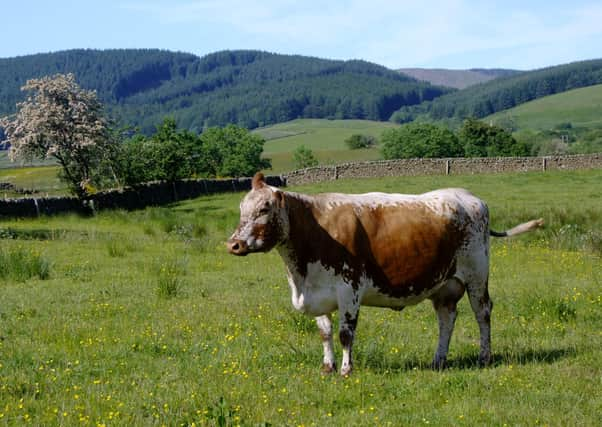RBST survey provides insights into commercial opportunities


Rare Breeds Survival Trust (RBST) has undertaken the survey to examine commercial trends with rare and native breed livestock and equines.
r 49% of respondents said they sell their rare or native breed products for a higher price than continental alternatives, while 43% said they sell it for the same price and 8% said they sell it for a lower price.
Advertisement
Advertisement
r Of those who keep both native and continental breeds, or who have switched from continental breeds to native breeds, 71% thought that overall input costs with native breeds were lower than with continental breeds. The main cost differences related to feed and supplements, the type of land required, housing / shelter, and veterinary costs.
r 38% of respondents said that the commercial potential of a superior product was one of the reasons why they chose a native breed, and 36% said lower input costs was a reason for their native breed choice.
r 42% of respondents warned that ‘lack of suitable abattoir’ is one of their top three greatest barriers to growing their rare breed business.
Christopher Price, chief executive of Rare Breeds Survival Trust said: “The survey results show a thriving and dynamic native breeds sector with strong levels of investment and exciting opportunities for future growth. The opportunity to sell meat for a premium coupled with lower input costs creates an attractive opportunity for commercial success with rare and native livestock breeds, which is so important for these breeds’ survival long into the future.
Advertisement
Advertisement
“The results also show the breadth of opportunity for those keeping native breeds of livestock and equines, with commercial activity deriving from native breed meat, wool, breeding stock and dairy but also conservation grazing, hides and horns, and more.
“But the results also show very clearly the need for urgent action on another key barrier for rare breed businesses looking to grow – access to suitable abattoirs. RBST is campaigning for government to commit to the support and collaboration which will help reverse the decline of the local abattoir network.
“RBST will not only keep working to show consumers why buying native breed products is worth the money, we will also keep working with Defra to encourage support for the wide range of ‘public goods’ benefits generated by farming with native bree ds such as supporting biodiversity and resistance to disease.”